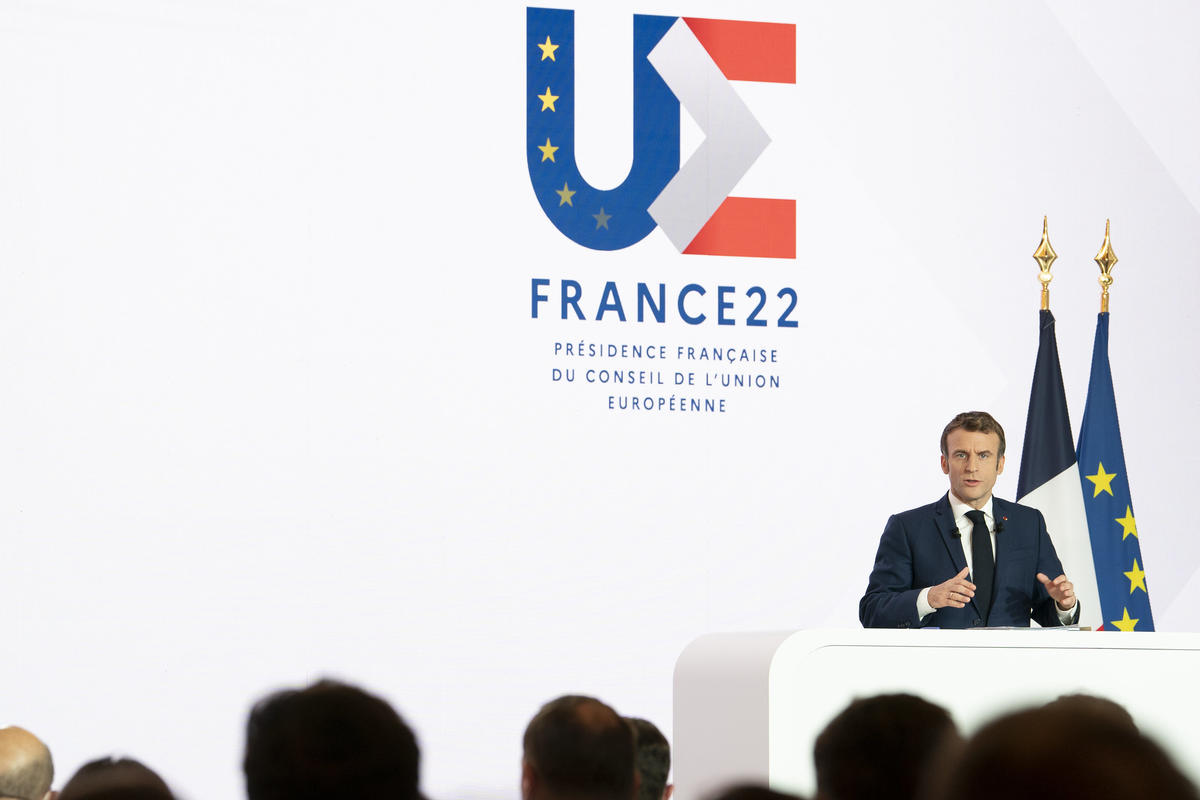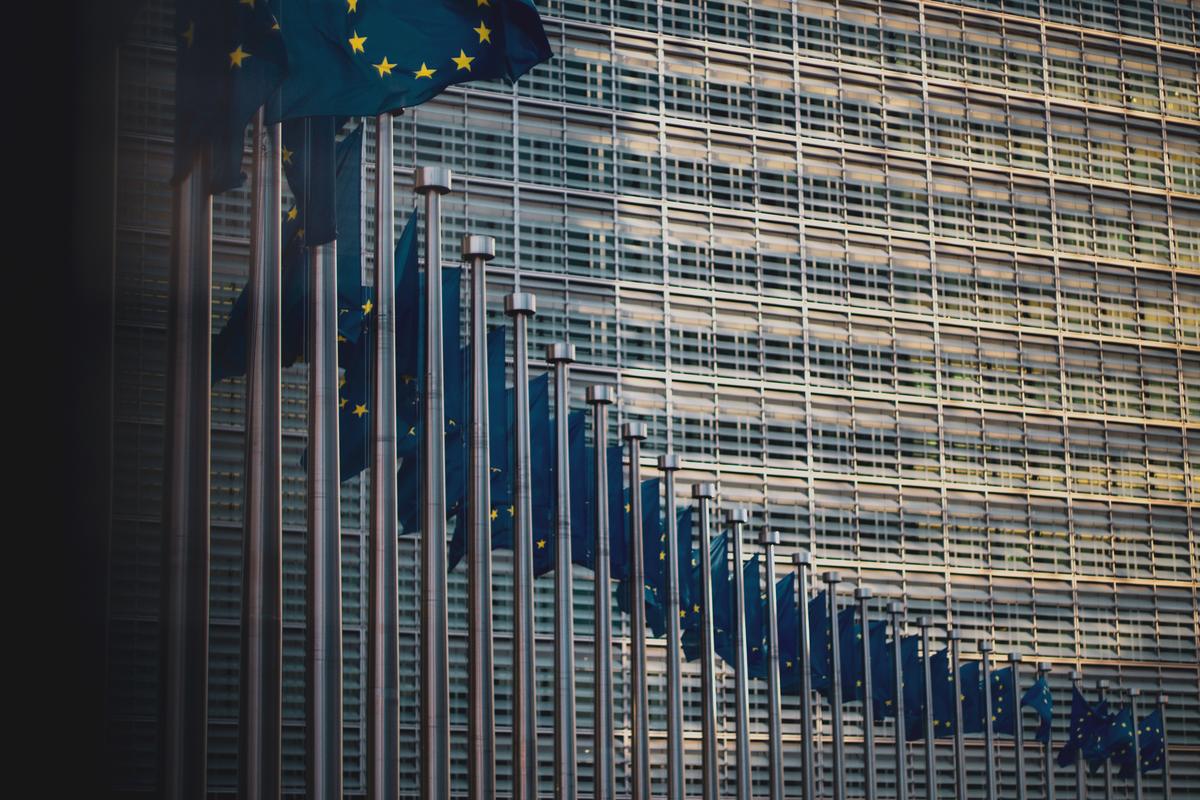The European Commission puts forward a new Cancer Screening Scheme covering 6 cancers which together account for 55% of all new cases diagnosed in the EU yearly
On September 20, Health Commissioner Stella Kyriakides proposed a new EU approach on strengthening cancer prevention by increasing the uptake of cancer screening. The Proposal – which is not legally binding – is set to replace the outdated Council Recommendation on cancer screening from 2003, which included testing only for breast, cervical and colorectal cancer. Based on the latest scientific knowledge, the new Proposal updates the existing screening recommendations on breast, cervical and colorectal by covering more target groups and progressively extends cancer screening programmes to three new cancers, namely lung and prostate and gastric, under specific circumstances.
The Proposal – which is a flagship initiative of Europe’s Beating Cancer Plan – supports the Commission’s target of 90% of the EU population who qualifies for breast, cervical and colorectal cancer screenings being offered such screening by 2025. With an estimated 100 million cancer screening tests not being performed due to the pandemic, Kyriakides highlighted the urgency to act now, as cancer is set to become the leading cause of death in the EU by 2035.
Which are the key recommendations to Member States?
- Targeting at-risk populations: The Commission suggests risk-stratified cancer screening protocols, guidelines, and indicators. For example, lung cancer testing is recommended for current heavy and ex-smokers aged 50-75 while for prostate cancer, testing is recommended for men up to 70 on the basis of prostate-specific antigen testing, with MRI scans for follow-up.
- Leveraging EU guidelines: Screening should be implemented with the support of EU guidelines which are based on evidence and best practices and include quality assurance, through a stepwise approach. Member states should take into account factors like national/regional disease burden, healthcare resources, side effects and cost effects of cancer screening and experience from scientific trials. Assessing the quality, applicability, and cost-effectiveness of the recommended screening methods will also be key to keeping pace with ongoing development and scientific progress.
- Monitoring outcomes: Cancer screening performance and impact indicators should be monitored through registration, collection, storage and management of data and information using the European cancer information system.
What’s the budget?
€38.5m will be made available under the EU4Health programme and €60m under Horizon Europe for cancer screening including implementation, monitoring and support to Member States. The Commission is expected to earmark additional funding under the 2023 EU4Health programme, which will be adopted before the end of this year. Further support to Member States can also be provided from the European regional, cohesion and social funds.
Challenges & Next Steps
Various political groups have already welcomed the Proposal, including the EPP Group which called on all Member States to swiftly implement it. Similarly, the S&D Group referred to the Proposal as a ‘must do’ by the Member States, noting that novel screening programs can offer rapid treatment options.
The Recommendation will now be discussed by Member States at working party level within the Council of the EU, starting on September 27. Some Member States initially raised concerns regarding the cost-effectiveness and the risk-benefit ratio of new screening programs, and limitations and negative effects of screening, such as false positive results. Despite this initial setback, it is expected that attachés will advance discussions without significant delays nor diverging opinions. EU Health Ministers aim to formally adopt the Proposal in the upcoming Health Council (EPSCO), scheduled for December 9.
Once adopted by the Council, the Recommendation will directly replace the current Recommendation on cancer screening from 2003. Within three years of its adoption, Member States will have to report on the state of the implementation of the recommendation, and subsequently, every 4 years.
In the meantime, the European Commission will be launching a communications campaign to raise awareness on the need for and benefits of cancer screening and will update existing guidelines and develop new ones for the new cancers it is now targeting.
At Edelman, we believe it will be critical for organizations active in the health space (and beyond) to understand how to contribute to the ever-evolving EU health policy agenda, adapt their priorities, and refine their public affairs and communication strategies. If you are interested in discussing this in more detail, then get in touch.






